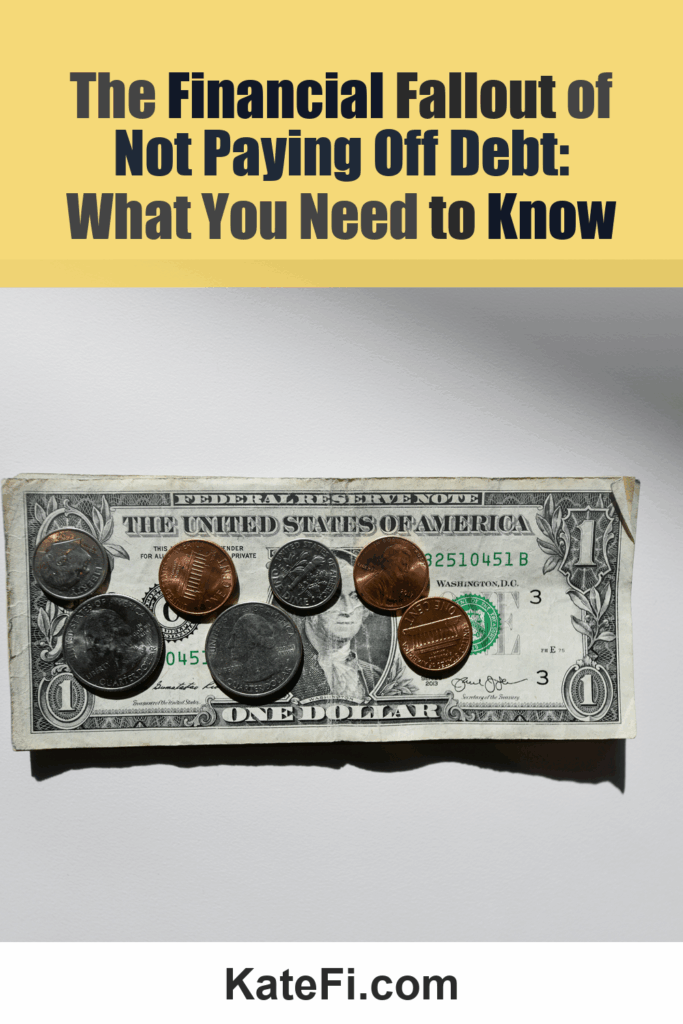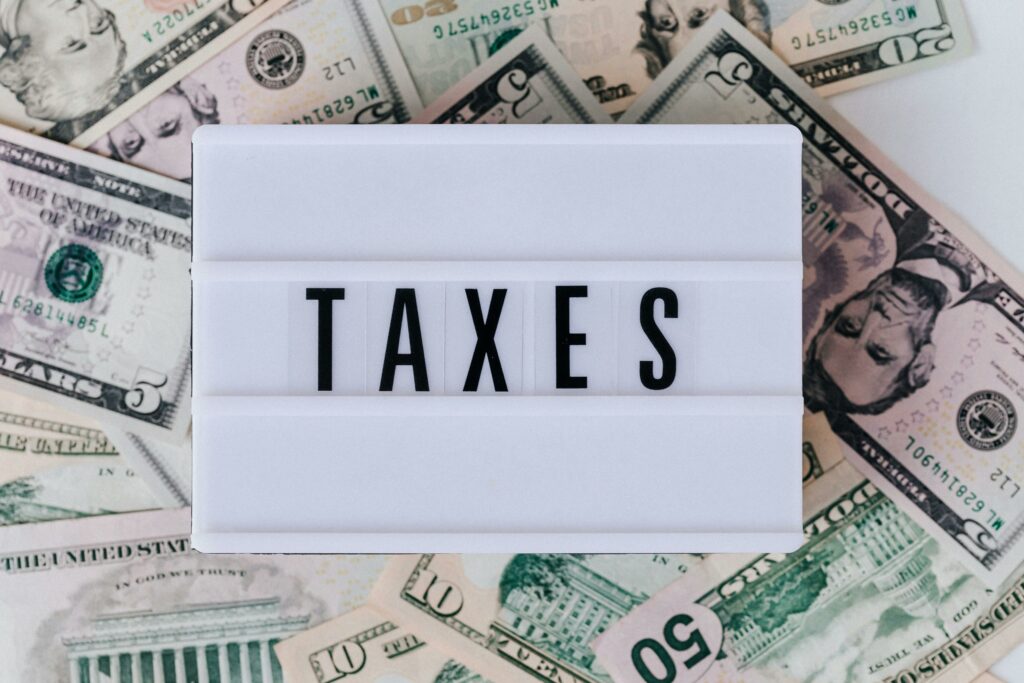10 Effective Ways to Use Your Savings for Debt Repayment
When it comes to tackling debt, finding effective strategies can sometimes feel like a daunting task. However, one approach is to harness your savings in a thoughtful manner. In this blog post, we will explore ten effective ways to use your savings for debt repayment while also addressing common concerns and questions related to debt relief options. Let’s dive into the specifics!
Love our content? Show your support by following us — pretty please!🥺
FOLLOW ON PINTEREST
Hi! I’m Kate, the face behind KateFi.com—a blog all about making life easier and more affordable.
1. What Should I Consider Before Using My Savings to Pay Off Debt?
What You’ll Learn on the Call
- Estimated timeline and monthly payment range
- How credit may be affected in the short term
- What documents to gather to move faster
Not available in IL, KS, OR, TN, UT, WV.
Using your savings for debt repayment can seem like an attractive option, but it’s essential to evaluate your overall financial situation first.
Key Considerations:
- Emergency Fund: Do you have enough saved for unexpected expenses?
- Interest Rates: Are your debts accruing high interest?
- Payment Terms: Are your debts due soon or can you negotiate terms?
Assessing these factors will help you decide whether it’s prudent to dip into your savings.
2. Can I Use Savings to Pay Off High-Interest Debt?
Lower Your Unsecured Debt
If you have $5,000+ in credit card or personal loan debt, a free consult can review options like settlement or hardship plans.
- One-on-one call to review your debts and goals
- See potential monthly payment reductions
- No obligation to enroll
Not available in IL, KS, OR, TN, UT, WV.
Absolutely! High-interest debts, like credit cards, can become a financial burden over time.
If you have savings earning little interest, using a portion to pay down high-interest debt may be wise. It can save you money in the long run.
✅ See If You Qualify for Debt Relief
3. How Can I Create a Plan for Using My Savings Wisely?
Understand pros/cons of settlement vs consolidation vs DMP for your exact mix of debts.
Not available in IL, KS, OR, TN, UT, WV.
Having a structured approach will help you use your savings effectively. Here’s a simple checklist:
Savings Utilization Checklist:
- Review Debts: List all debts, including balances and interest rates.
- Prioritize: Identify which debts have the highest interest rates.
- Calculate Payment: Determine how much savings you can allocate without jeopardizing your financial stability.
- Track Progress: Monitor your repayment journey.
Using this method can help maintain a balanced approach to your finances.
4. Is It Wise to Use My Entire Savings for Debt Repayment?
Generally, it’s not advisable to use your entire savings to pay off debt. This can leave you vulnerable to unexpected financial emergencies.
Instead, consider using a portion of your savings while retaining a safety net. This balance is crucial for long-term financial stability.
5. What If My Savings Aren’t Enough to Cover My Debt?
👉 Start Your Free Debt Relief Review
Not available in IL, KS, OR, TN, UT, WV.
If your savings aren’t sufficient to make a significant dent in your debt, don’t despair. There are still options available to help you.
- Debt Relief Programs: These programs can help reduce your debt.
- Payment Plans: Many creditors are open to negotiating repayment terms.
- Consult a Professional: A debt consultant can help review your situation and recommend the best course of action.
If you find yourself in this situation, it might be beneficial to consider a free consultation to explore all available options.
✅ See If You Qualify for Debt Relief
6. How Does Using Savings for Debt Repayment Impact My Credit?
Using your savings to pay off debts can have a mixed impact on your credit score. On one hand, reducing outstanding debt can improve your score; however, using savings can lead to fewer available funds for emergencies.
Important Considerations:
- Missing payments can negatively impact your credit score.
- Maintaining a healthy mix of credit can help bolster your score over time.
Be sure to weigh the pros and cons of your decision carefully.
7. Should I Consider Bankruptcy Consults?
For some, bankruptcy consults may be the most sensible course of action, especially when debts are overwhelming and options seem limited.
When to Consider Bankruptcy:
- If you have significant unsecured debt.
- If you are facing lawsuits or collections.
- If you cannot make minimum monthly payments.
A bankruptcy consult can provide clarity on whether this path makes sense for you.
✅ See If You Qualify for Debt Relief
8. How Can I Validate My Debts Before Paying?
Validating debts ensures that you are not paying something that isn’t yours.
Validation Steps:
- Request documentation of the debt from your creditor.
- Confirm the amount and that the debt is valid.
- Review your records to ensure there are no errors.
By validating your debts, you can ensure that you are making sound financial decisions.
9. What Documents Should I Gather for a Faster Review?
To expedite a consultation regarding debt repayment options or relief programs, gathering specific documents can help.
Documents Checklist:
- Recent bank statements
- Debt statements (credit cards, loans)
- Income verification (pay stubs, tax returns)
- Any collection notices or legal correspondence
Having these documents ready can help a professional provide tailored advice for your situation.
10. What Are Some Alternatives to Using Savings for Debt Repayment?
If using savings doesn’t seem viable, consider these alternatives:
- Negotiate Payment Plans: Contact creditors to see if they can offer more manageable payment terms.
- Explore Side Gigs: Generating extra income can help you pay down debt without sacrificing savings.
- Debt Consolidation Loans: These loans can help combine multiple debts into a single, more manageable payment.
By exploring these alternatives, you may find a better strategy for your specific financial situation.
Conclusion: Making Informed Choices
Using your savings for debt repayment is a critical financial decision that should be approached with caution. Understanding your options, considering the implications on your credit, and exploring the help of professionals can ensure that you make informed decisions.
If you’re feeling overwhelmed by debt, consider reaching out for a free consultation. This could provide you with valuable insights and relief options tailored to your unique circumstances.
✅ See If You Qualify for Debt Relief
Important: This content is for education only—not legal, tax, or financial advice. Results and eligible programs vary by situation and state. Fees apply if you enroll and complete a program. Debt relief can affect credit; missed payments may lead to collections/lawsuits. Not available in IL, KS, OR, TN, UT, WV.






















